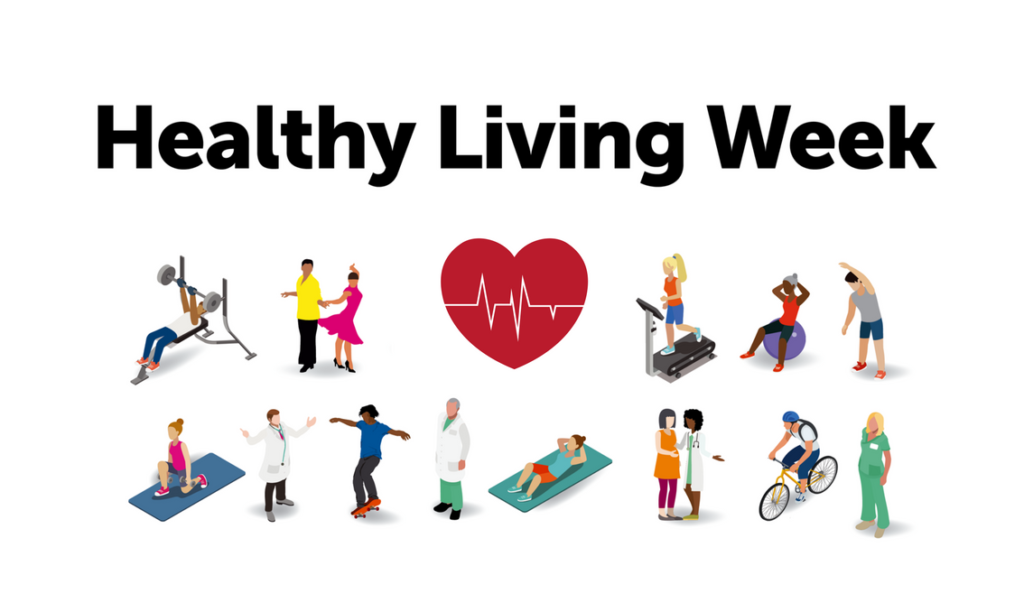Setting health goals is an essential part of leading a healthy lifestyle, but all too often those goals fall by the wayside. Making health goals that actually stick can be a challenge, but with the right strategies in place, you can set yourself up for success.
1. Start with a clear vision
The first step in making health goals that stick is to have a clear vision of what you want to achieve. This could be anything from losing weight to improving your fitness levels or eating a more balanced diet. By identifying exactly what you want to accomplish, you can create a roadmap for reaching your goals.
2. Make SMART goals
Once you have a clear vision in mind, it’s time to set some specific, measurable, achievable, relevant, and time-bound (SMART) goals. For example, instead of saying you want to lose weight, you could set a goal to lose ten pounds in the next three months. By breaking down your goals into smaller, more manageable steps, you can track your progress and stay motivated.
3. Set realistic goals
It’s important to set goals that are realistic and achievable. If you set goals that are too ambitious, you may become discouraged and give up altogether. Instead, focus on setting goals that are challenging but attainable. This way, you can build momentum as you work towards your goals.
4. Create a plan
Once you have your goals in place, it’s time to create a plan for how you will achieve them. This could involve making changes to your diet, starting an exercise regimen, or seeking support from a health professional. By mapping out the steps you need to take, you can stay on track and make progress towards your goals.
5. Track your progress
Tracking your progress is essential for making health goals that stick. This could involve keeping a food journal, logging your workouts, or taking measurements of your body. By monitoring your progress, you can see how far you’ve come and stay motivated to keep going.
6. Celebrate your successes
When you reach a milestone or achieve a goal, be sure to celebrate your success. This could be as simple as treating yourself to a new workout outfit or indulging in a healthy meal. By recognizing your achievements, you can stay motivated and continue working towards your goals.
7. Stay flexible
It’s important to remember that setbacks are a normal part of the process when it comes to reaching health goals. Instead of getting discouraged, try to stay flexible and learn from your mistakes. By adapting your plan as needed, you can overcome obstacles and keep moving forward.
8. Seek support
Making health goals that stick can be challenging, but you don’t have to do it alone. Seek support from friends, family, or a support group to help you stay accountable and motivated. By surrounding yourself with people who encourage and uplift you, you can increase your chances of success.
9. Practice self-care
Taking care of your mental and emotional well-being is just as important as focusing on your physical health. Make time for self-care activities like meditation, yoga, or journaling to reduce stress and improve your overall well-being. By prioritizing self-care, you can stay balanced and energized as you work towards your health goals.
10. Stay committed
Making health goals that stick requires commitment and dedication. While it may not always be easy, staying focused on your goals and taking consistent action will help you see results. Remember that your health is worth investing in, and with perseverance, you can achieve your goals and create lasting, positive change in your life.
In conclusion, making health goals that actually stick requires careful planning, realistic expectations, and consistent effort. By setting clear, achievable goals, creating a solid plan, tracking your progress, and seeking support, you can increase your chances of success. Remember to celebrate your successes, stay flexible in the face of setbacks, and prioritize self-care to maintain your overall well-being. With commitment and dedication, you can make lasting changes to your health and well-being.

